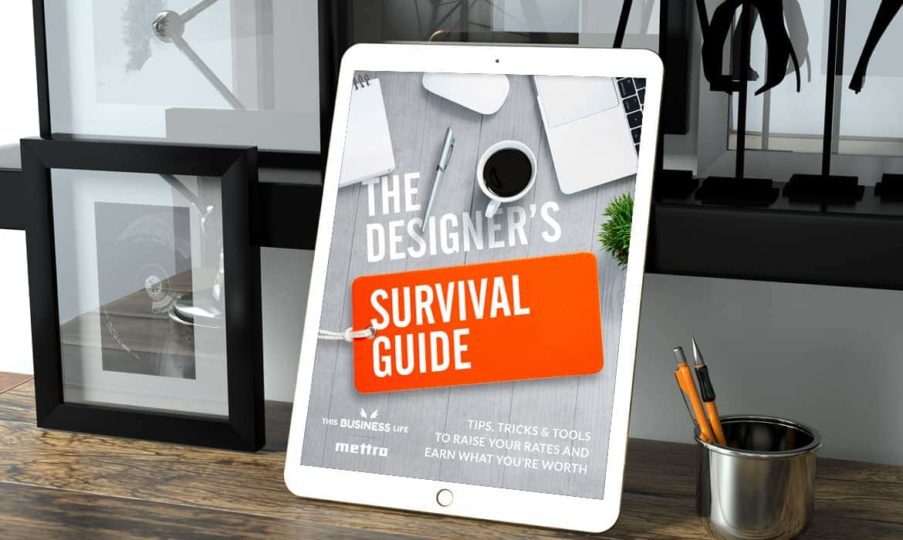Research has a bad name. It's the ‘junket', the time waster, the slacker of digital.
It's in the back of people's minds as a way for someone to tool around on the computer looking at cool sites, doing a bit of internet banking, and just generally not achieving much. It's akin to the old, ‘I have a conference to go to on Hamilton Island'. Everyone knows why you're going to the ‘conference' and it's certainly not for work.
As people of the digital age, we research everything – prior to purchasing, where to go for lunch, what to do on our next holiday break, where our kids go to school and how to get there. Everything is researched. And yet in business it's still seen as the biggest time and money waster. If I dare send a proposal to a client with the word research in it I can pretty much guarantee that 90 per cent of the time I will be asked to take it out with a remark like, ‘Oh we've done all of the research, you don't need to do any'.
But the thing is, research doesn't deserve its bad name. It's time for research to be given its due, the credit it deserves. Research is such a huge part of our everyday lives, we don't realise how much we rely on it and how much business do and should rely on it.
Why is research an important part of any project?
It's simple: how else do we know what we are doing?
Build a website… mmm okay, yep, I'm going to make it pink with lemon writing and a giraffe in the middle, seven contact us forms and an FAQ. Happy with that?
Maybe I'm being persnickety. Research should be used to get people up to speed, to understand what the hell it is they are doing and why.
Research can make things cheaper. No kidding! Just yesterday my team discovered we could save 20 hours on a project by changing our development path, by using a different format for our deliverable. How did they get to that solution? By researching. By looking at what others have done. By lifting their head above the water and looking around at the world out there.
Research can make things better. In our industry, research generally always makes things better. There are the most amazing people out there building widgets, solving complex problems and generally doing some unfathomably amazing stuff everyday. And aren't we lucky? In the digital age we get to be privy to all of those wonderful things. We get to leverage off them to make our products better, more affordable, more functional.
Research stops reinventing the wheel. I hate doing things twice, but even more than that, I hate doing something that someone else has done perfectly well that I could use and therefore spend my time on the stuff that really matters. Research allows us to do the things that have to be done by using information and resources that are already out there available for us to use. That then frees us up to spend our buck, our effort and enthusiasm where the bang is, the stuff that returns on investment for our client or just simply floats their boat (and floats our boat too!).
What is good quality research?
I can tell you what bad quality research is: twizzling around on a web browser randomly typing in search terms in the hope of getting some information.
Research goes hand in hand with problem solving. To be a good researcher you need to be a good problem solver. A good problem solver:
- takes time to understand the problem
- looks at it from all angles
- gathers information from easy sources first; for example, their peers, documentation
- sees a problem like a brick wall and works out how to go under it, over it or around it
- refines their search criteria
- understands when they are wasting time and either passes the problem to someone else more qualified or takes another path.
And out of this you will inevitably get good quality research.
How do you factor it in to a project plan?
Research is factored in to everything we do. While we don't put the word ‘research' into our proposals anymore, it's still there.
With the change to more agile development methods and iterative design processes, researching in one big chunk at the beginning of the project is rare. Rather, agile methods tell us we know what we know right now but in three weeks' time, after we've finished the xyz component, we'll know a bit more or something else entirely.
As such, after those three weeks, we'll then adapt and modify our thinking, our framework and methodology to build the next portion. Because this research has become iterative, it's peppered throughout a project rather than being in one massive chunk at the beginning.
When building a project plan you should consider applying research time in chunks:
- At the beginning, an all-in brief will get your key stakeholders and team into the same room and flesh out the brief to a point where everyone is on the same page.
- In the project/task planning stages, so that each task has a set of requirements that are clearly understood.
- Scattered in small chunks throughout the project, to ensure you are constantly refining your approach to deliver the best product.
The upshot
Research is a necessary part of all projects even if all the research does is provide the knowledge to complete the smallest of tasks or ensure a team is working to the same plan.
Projects without research can waste time, repeat or create issues or, worse still, fail.
Get on the I love research bandwagon!

Get the Designers Survival Guide
Proven formulas to raise your rates and get what you are worth.
Only Want Dream Clients?
Stop working with toxic clients with our guide on finding dream clients.






